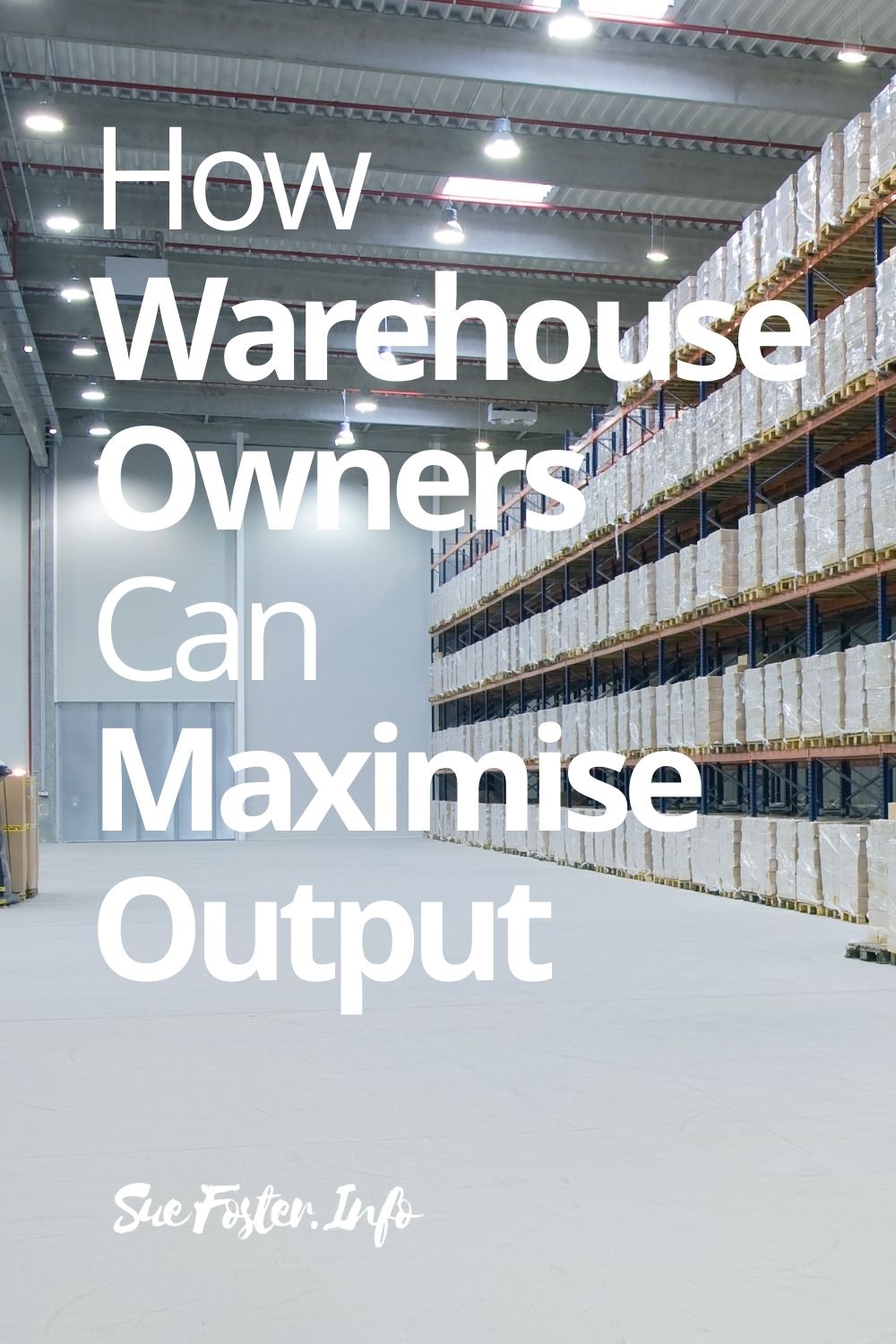There’s a lot of potential when it comes to making revenue when you’re running a warehouse. Indeed, that’s one of the key reasons why it remains such a popular business option. People, after all, will always need things!
Alas, while it’s possible to build a viable business, there’s no avoiding the fact that things can be pretty expensive. It’s a capital-intensive operation, after all.
As such, it’s important that you’re not unnecessarily impacting your finances, yet this is something that many warehouse businesses do. Why? All through lost productivity.
In this blog, we’ll take a look at some key methods to incorporate into your operations that’ll ensure output is pushed to the max.

Train, Train, Train
Your employees are going to have the biggest impact on how your warehouse runs. While you’ll (hopefully) have gone to great lengths to ensure that you’ve hired the best, it’s important to remember that the employees you bring onboard will only represent a seed of opportunity.
It’s up to you to develop that seed and help it grow. You do this by providing training, not just when they first join your company, but on an ongoing basis.
You can keep them casual and short (30/45 minutes is enough); the key thing is that they’re regular. It’ll help to keep standards high.
Listen to Employees
You’ll also want to make a habit of listening to your employees. They’re on the shop floor every day and will likely have a better feel for what’s working/not working than you do.
It’s a good idea to have an open-door policy so that employees always feel free to talk to you about the operations, and of course, you should ask too.
Just by getting their feedback, you might find that something fundamentally has to change. If your employees can work at their best, then so will your company!
Work With Experts
You’ll be an expert in whatever it is that your company manufactures/stores in the warehouse, but you’re unlikely to have the skills required to really organize your warehouse and improve efficiency, reduce time, and cut costs.
Even if you did, it’s possible that you’re too “close” to your warehouse to see things objectively. As such, it can be worthwhile hiring warehouse consultants, who can analyze your current operations and make suggestions to improve your capabilities and outputs.
Rather than having a warehouse that seems to be working well, you’ll have a warehouse that runs like clockwork.
Measure and Tweak Performance
You can’t tell which areas you need to improve if you have no idea how well you’re performing. You might have a sense that one aspect of your operations is problematic, but without having the numbers in front of you, it’ll be hard to know for sure.
As such, it’s important to find ways to measure the performance of your staff. Once you’ve got that, you’ll have something to measure the changes you enact against; if the numbers are improving, then you’ll know you’re on the right lines.

Collaborative post.

